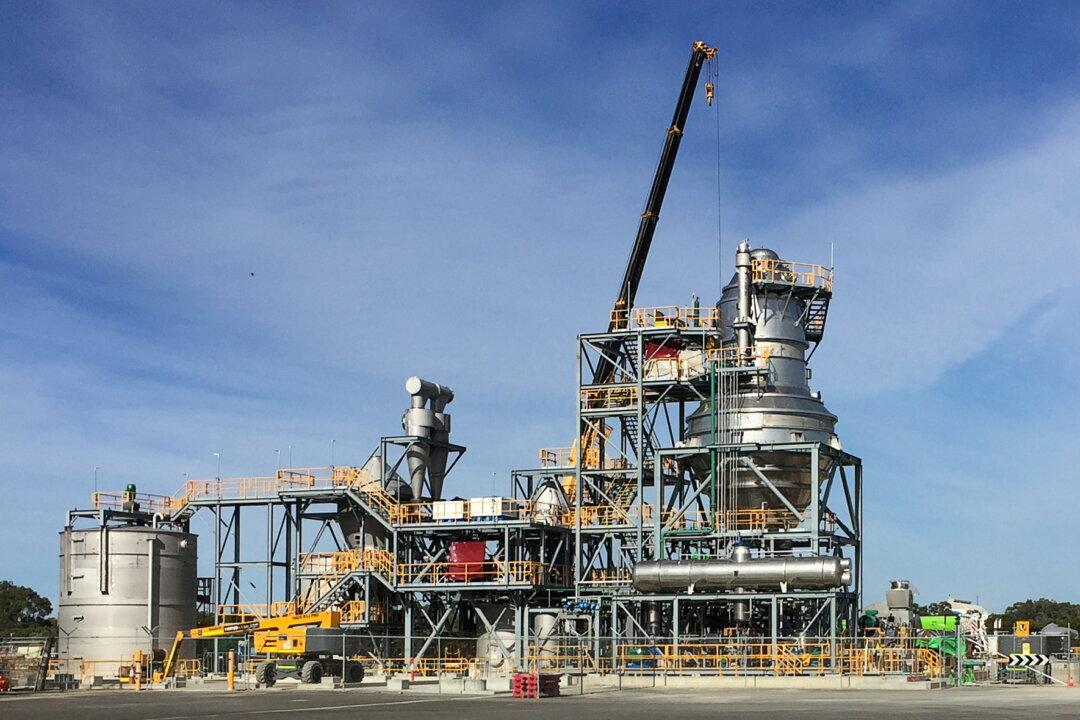Australia’s nickel industry is in danger of collapse as Indonesia—with Beijing’s support—ramps up supply, causing prices to fall sharply.
The situation has forced mining giant BHP to write down the value of its nickel business to zero, warning that a full suspension of business activity was possible, placing 3,000 jobs at risk.





